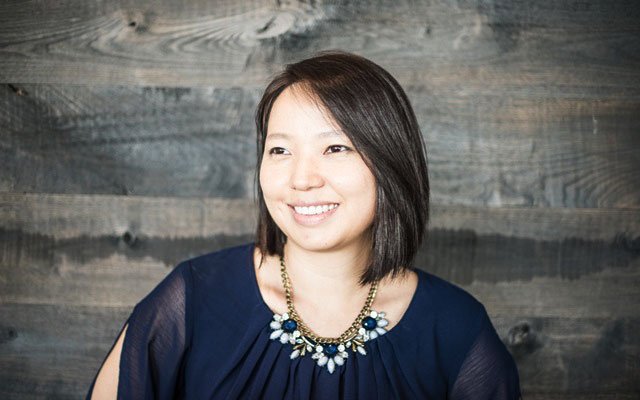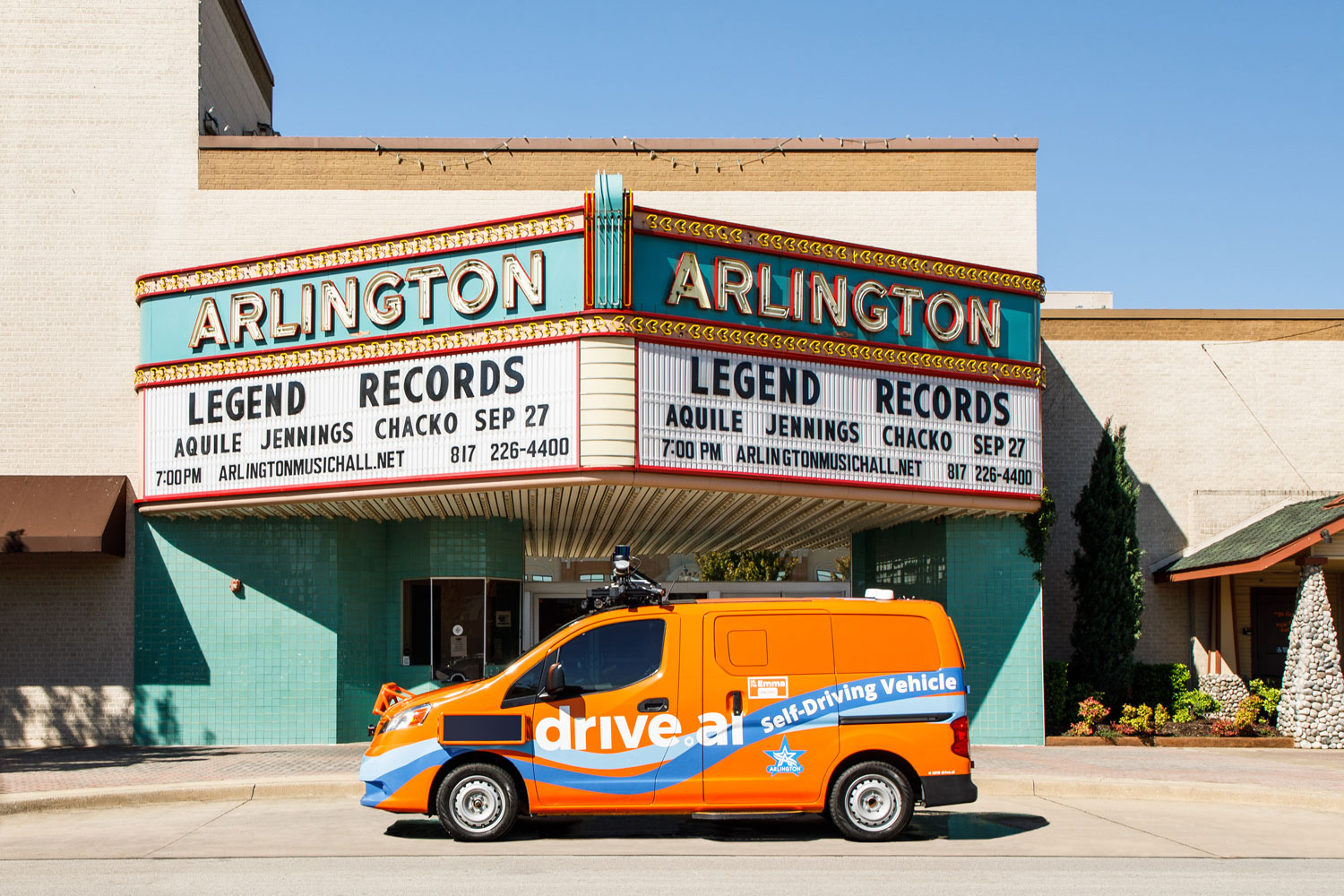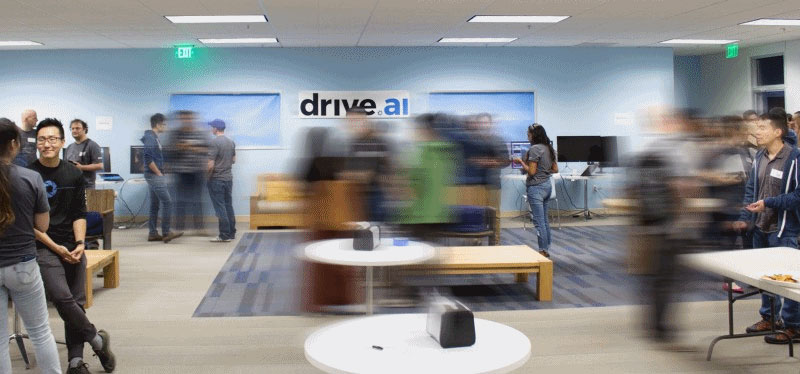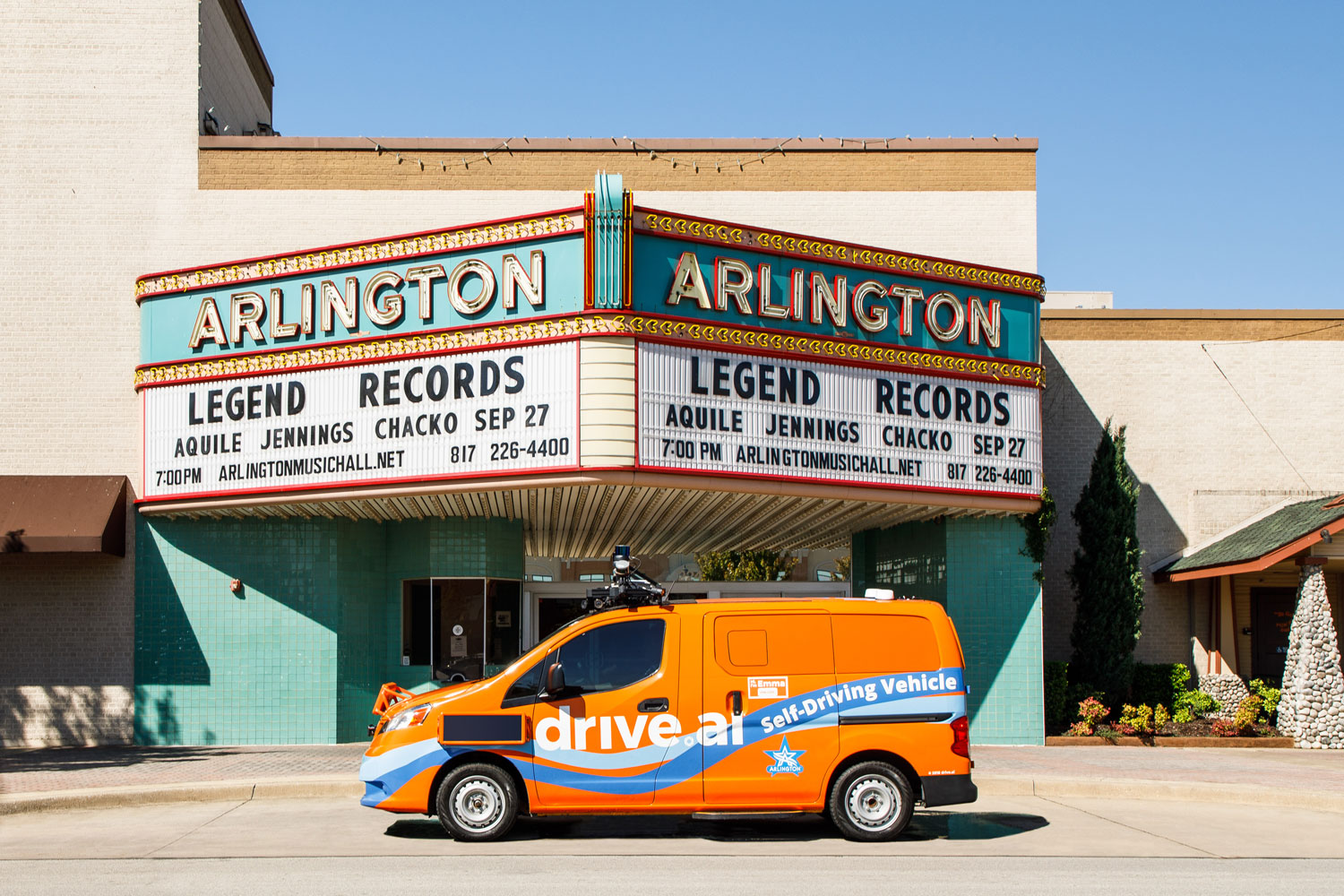- Self-Driving Your Way to Happiness April 10, 2019
-
A Yonseian’s journey from Google to self-driving car startup Drive.ai
How should you make career choices in a constantly changing world?
Yonsei alumna Christine Moon (Korean name Soo-yeon Hong, entering class of ’94, English Literature and Political Science) does not fear change and pursues new challenges throughout her career. After her successful career at Google, Moon embarked on a new journey by joining Drive.ai - an AI software startup for self-driving cars. Learn more about her story after she left the global IT giant and ended up in the heart of the startup scene.

Drive.ai is a deep learning AI software company that aims to address the self-driving challenge and create safer roads with an efficient transportation system. With its innovative autonomous technology, Drive.ai is currently the most notable startup in its field. First founded in 2015 by a group from Stanford University’s Artificial Intelligence Lab, the company now has more than 150 employees with Sameep Tandon as CEO & Co-Founder and Moon as Head of Automotive Alliances.
Uniquely positioned to equip vehicles with autonomous technology to create smarter cars that are safer for people, Drive.ai develops a self-driving kit for business fleets, with a long-term plan to have Drive.ai software integrated into new vehicles. The AI technology installed in the “software brain” of the self-driving car enables it to operate autonomously by observing the traffic situation and obtaining information through real-time reception and transmission of signals with the control center.
The Society of Automotive Engineers (SAE) distinguishes five levels of automated driving systems, and Drive.ai received attention in the industry for achieving SAE Level 4 ("high" automation systems) by utilizing deep learning technology in only three years, an accomplishment that took Google eight years to achieve. Starting from July 2017, test drives for autonomous passenger vehicles were launched in Texas, and Drive.AI was selected as a partner over global companies such as Google, Uber and General Motors.
 Self-driving passenger vans in Arlington, Texas (Photo credit: Drive.ai website)
Self-driving passenger vans in Arlington, Texas (Photo credit: Drive.ai website)As head of automotive alliances, Moon is committed to advancing the future era of autonomous driving by collaborating with leading automobile companies such as Volkswagen, Audi, Mercedes, Honda, and General Motors.
"To embrace this new technology, communication with the public and technological development are crucial factors because they are directly correlated to road safety,” she said. “It will be difficult for self-driving cars to be commercialized in a short period like smartphones, but I believe it will happen in the not-too-distant future; Japan announced plans to operate fully autonomous driverless taxis by 2020 in time for the Tokyo Olympics. Our team at Drive.ai promotes the future of safe, effective autonomous driving by partnering with automobile companies around the world."
From the world's largest global company to a startup
Moon received her B.A. in English Literature and Political Science from Yonsei University and M.A. in International Relations from Yale University. She worked at Morgan Stanley’s M&A and Real Estate Groups but did not have much interest in the field, so she joined Google where she spent nine years in key engineering operations and sales positions - including the head of Android Partnerships for Asia-Pacific - also contributing in expanding Google R&D and engineering operations. After that, Moon joined Dropbox to lead Mobile Partnerships and then worked at Color Genomics, a population-scale genetics service company, until she decided to venture into the startup world of autonomous driving.
"My life focuses on finding happiness and the same goes for my career. By experimenting with different things, you should always check how motivated you are when doing a particular job. With this mindset, I was continuously trying out new things to find meaning in my work. Of course, I also needed curiosity and bravery to pursue new things,” she said.
“It is important to find meaning in your work,” she added, stressing that one of the important factors you should consider when searching for a job is the people you work with.
"It’s about working with people you can respect and learn from. I’m not just referring to people with lots of experience. I learn a lot from young people in their 20s, too. There are so many young people working in Silicon Valley – all five founding members of Drive.ai are in their late 20s. We can learn a lot from each other regardless of age or generation, and to me, this is an important aspect of my professional life."
 Office of Drive.ai (Photo credit: Drive.ai website)
Office of Drive.ai (Photo credit: Drive.ai website)Owning your life with various experiences
Moon, who currently resides in the U.S., candidly comments, "In Korea, many people believe that something is good just because others say it is,” and that "it is important to live by your own principles, not others." She added, "Having a personal philosophy of life is more important than competitive jobs.”
According to Moon, it is crucial to experience and learn as much as possible through trial and error to set your own guidelines for a happy life. She added that the ability to empathize cannot be replaced by AI and should be cultivated by studying both science and the humanities.
"I believe that we can become happy if we can find value and meaning in the context of our work, especially if it can benefit society in even the smallest ways. I hope fellow Yonseians will study and gain experience in a wide variety of fields and go on to find a job that can maximize your potential. Challenge yourself and live according to your own philosophy.”
show mobile menu
mobile menu




